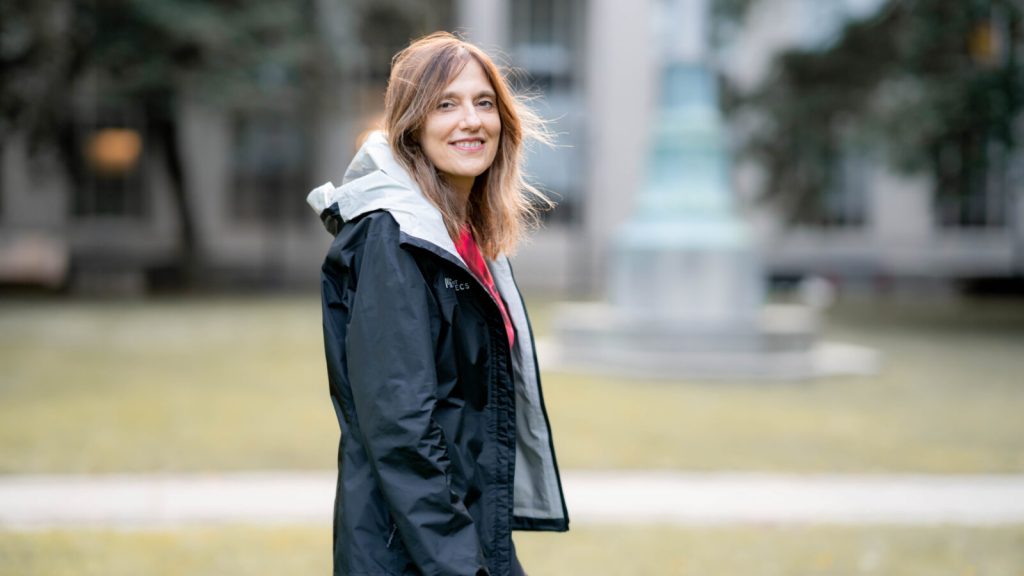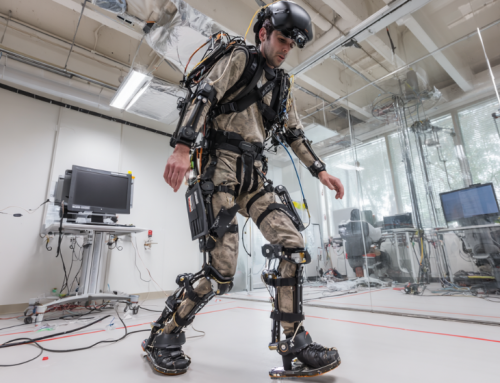
Regina Barzilay, professor of MIT’s Computer Science and Artificial Intelligence Laboratory (CSAIL), is the first recipient of the Squirrel AI Award for Artificial Intelligence for the Benefit of Humanity. (Source: MIT CSAIL)
MIT AI Researcher Barzilay Wins $1M Award for Work to Help Humanity
Regina Barzilay, the MIT researcher who developed an early detection algorithm after her own breast cancer diagnosis in 2014, continues to work on health-oriented AI tools, most recently a platform to create new antibiotics. Her important contributions gained international recognition when she won a new high-profile award, according to Statnews.com.
On September 23, Barzilay became the first recipient of a $1 million award from the Association for the Advancement of Artificial Intelligence (AAAI) for her work. The Squirrel AI Award for Artificial Intelligence for the Benefit of Humanity is the first of its kind to reward works that have a beneficial impact on people’s lives. Because the award comes with a sizable financial bonus, it brings greater public recognition.
“Only world-renowned recognitions such as the Association of Computing Machinery’s A.M. Turing Award, and the Nobel Prize carry monetary rewards at the million-dollar level,” says AAAI’s Past-President and Awards Committee Chair Yolanda Gil. “This award aims to be unique in recognizing the positive impact of artificial intelligence for humanity.”
Barzilay had already been the recipient of a MacArthur Foundation in 2017 for her work in developing methods for processing language data, including deciphering dead languages. The latest award is funded by a Chinese online education technology company called Squirrel AI Learning.
Statnews.com, which interviewed Barzilay, said she was motivated to move into healthcare research when she saw firsthand the problems with cancer treatment that she thought AI could solve.
“Barzilay’s treatment was successful, and she believes her clinical team at MGH did the best they could in providing her with standard care. At the same time, she said, ‘it was extremely not satisfying to see how the simplest things that the technology can address were not addressed’—including a delayed diagnosis, an inability to collect data, and statistical flaws in studies used to make treatment decisions.”
She said she’d like to see AI tools turned into practical treatment solutions for doctors and hospitals.
“We have a humongous body of work in AI in health, and very little of it is actually translated into clinics and benefits patients,” she said.
Barzilay built a machine learning platform to identify a novel antibiotic that successfully treated a gastrointestinal bug in mice, and her work was published earlier this year in the journal Cell. She’s also co-leading the team developing the AI model for assessing breast cancer risk.
“In a study published last year in the journal Radiology, Barzilay and her team trained, validated, and tested their model on historical data from about 40,000 women who were screened for breast cancer. They found that their model could discriminate risk better than an older, widely used risk evaluation tool, known as the Tyrer-Cuzick model, that relies on breast density to assess risk.”
The new model had the added benefit of being equally accurate for white and African American women, whereas the old model was less effective for African American women.
read more at statnews.com







Leave A Comment